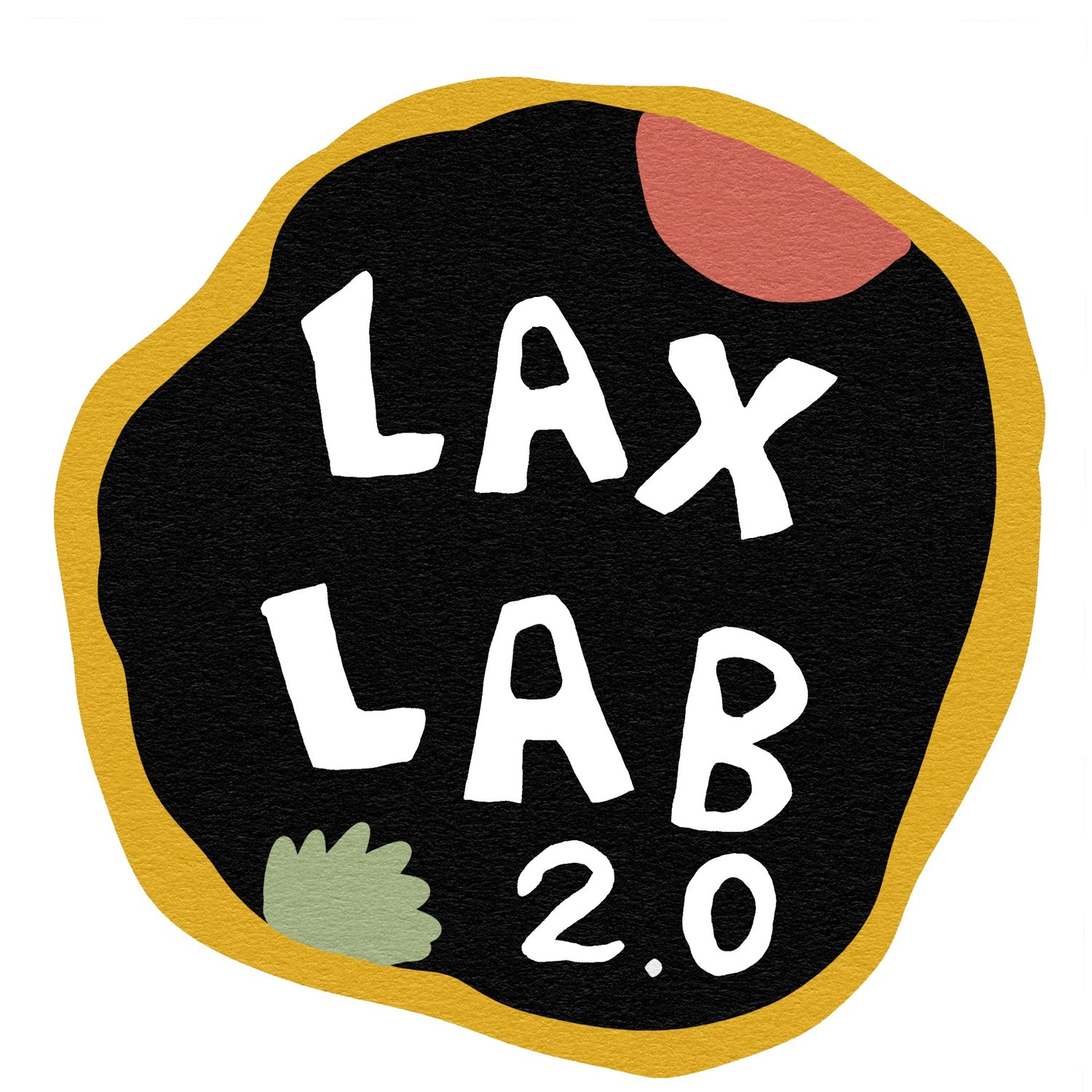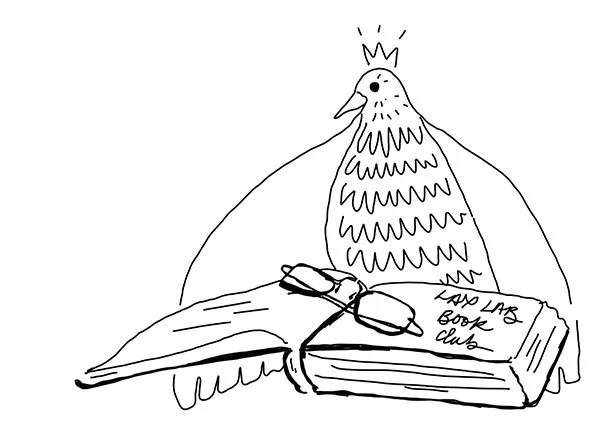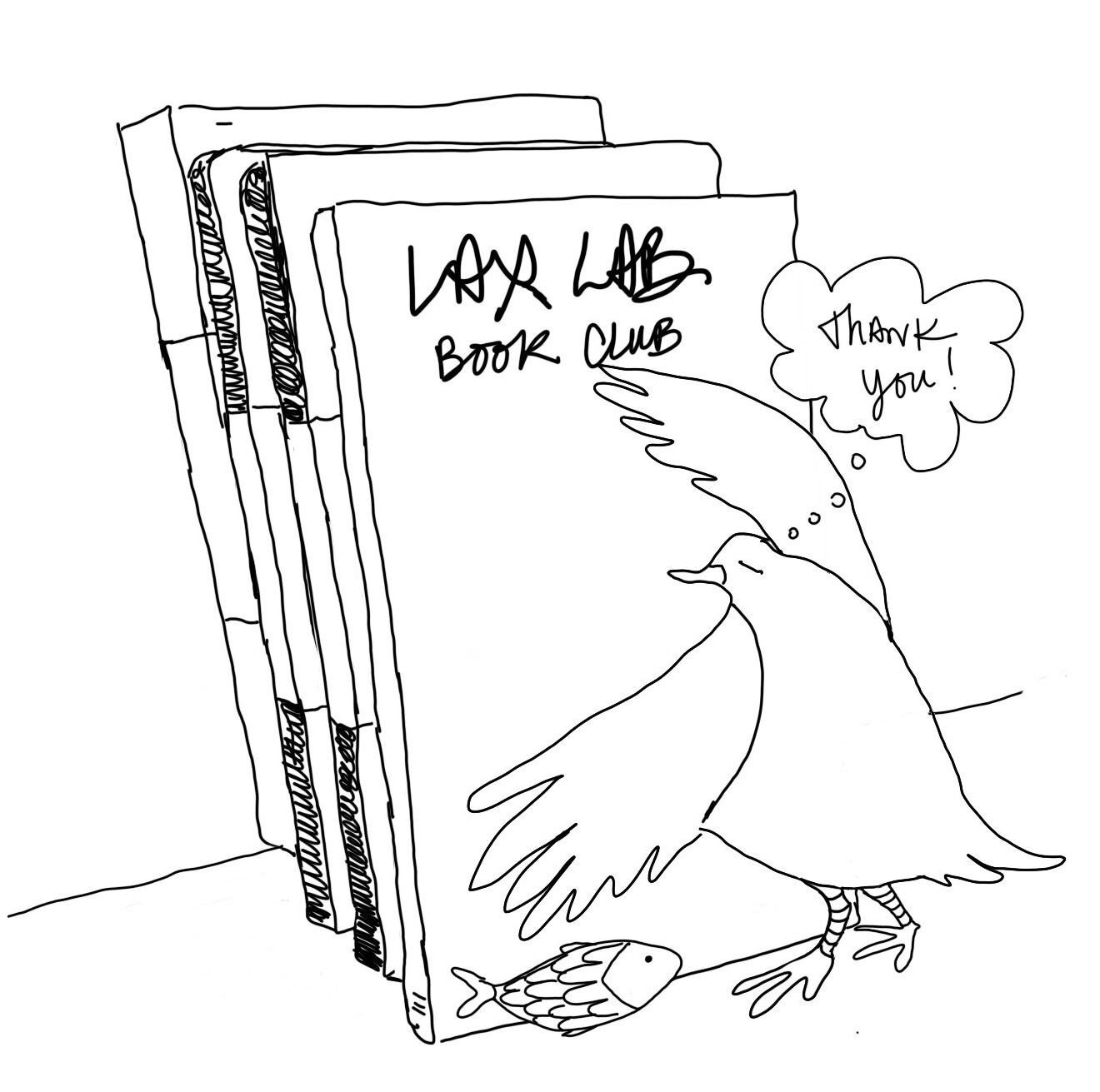New article under development about original LAX LAB book club
September 2024
I am presently working on a journal article about the original LAX LAB climate fiction book club, which was active between 2020 and 2023. This will be published in a Special Issue on Grounding Knowledge in Community for the journal Education in the North, edited by Jennifer Markides, Liisa-Rávná Finbog, and Beth Cross. You can read the abstract below.
If you were a participant in the original book club and would like to contribute some text to the article, please reach out and let me know. For example, I would love to include some direct quotes from former participants about their experiences of the book club.
Stories of a climate fiction book club
Article under development by Emma Arnold for journal Education in the North, Special Issue on Grounding Knowledge in Community, edited by Jennifer Markides, Liisa-Rávná Finbog, and Beth Cross
Abstract
Climate fiction is a rapidly expanding literary genre that folds climate and ecological crisis into its pages. The stories of climate fiction are boundless, much like climate change, and explore how these crises touch our lives in unpredictable and unknowable ways. Climate fiction makes many promises, or at least that’s how it seems when scrolling popular media headlines and the titles of academic articles. These promises are often grand and conflicting, proselytising climate fiction’s abilities or inabilities to communicate the threats of climate change, distil and disseminate complex scientific information, educate, influence values and behaviours, inspire climate action, and basically save the world. It is these promises that set climate fiction apart from other contemporary literature, for rarely are the same demands placed upon adventures, mysteries, romances, and stories of the everyday.
Climate fiction may in fact do a great many things: captivating and cultivating our imaginations, raising awareness, sparking deep transformations. However, how we read these fictions also matters. When read together, climate fiction can be an important conduit for building and practising community and a way to co-create knowledge. Drawing on experiences leading the LAX LAB climate fiction book club, this paper reflects on the communal aspects of stories and the collective analysis that emerges from group discussions. When read and discussed collectively, climate fiction has discursive potential, creating possibilities for deep conversations on the climate crisis and making space for challenging emotions like eco-anxiety and grief. The narratives of climate fiction often centre community, telling stories of communities breaking down in crisis and coming together for survival. From Indigenous novels like Waubgeshig Rice’s Moon of the Crusted Snow and Moon of the Turning Leaves to the Afrofuturism of Octavia E. Butler’s Parable of the Sower, global climate fiction can also powerfully draw us into communities and stories that challenge dominant Western narratives on climate change. The stories of climate fiction are dystopian, hopeful, speculative, Utopian, reflections of our past, present, and future. They are poetic survival manuals, prompting us to reflect on how we might act in similar circumstances, how might we prepare, how we might come together and live differently.
KEYWORDS: book club, climate change, climate fiction, collective analysis, community, co-created knowledge, LAX LAB


